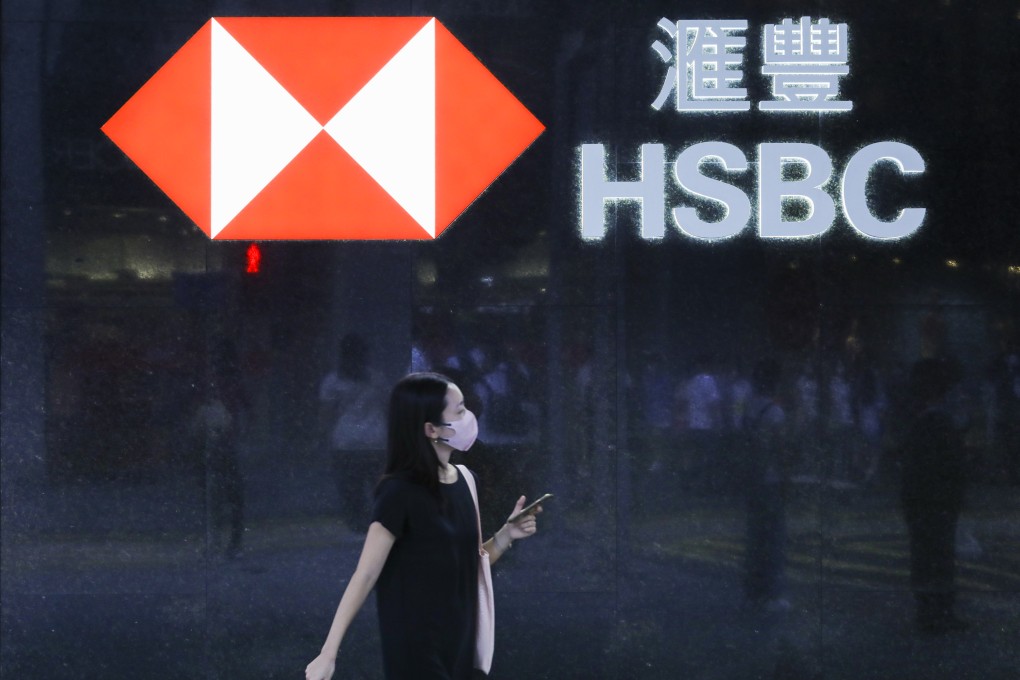Advertisement
Ping An calls for HSBC to be ‘more aggressive’ in cost-cutting, be open to moves to improve performance
- Ping An Asset Management chairman calls for HSBC management to ‘adopt an open attitude’ regarding suggestions to improve its performance
- Ping An would support any moves to improve the bank’s performance, including a spin-off
Reading Time:2 minutes
Why you can trust SCMP
2

Chad Brayin London
Ping An Insurance Group, HSBC’s biggest shareholder, has called for the bank to be “much more aggressive” in its cost-cutting, and questioned whether the lender’s global finance model is appropriate for today’s financial and geopolitical risks, as it pushes the lender to spin off its Asian business.
In a statement on Friday, Michael Huang, chairman of Ping An Asset Management, said HSBC management should “adopt an open attitude” regarding suggestions to improve its performance, rather than “attempting to simply bypass and reject them”. The bank is based in London, but generates much of its profit in Asia.
“We will support any initiatives, including a spin-off, that are conducive to [improving] HSBC’s performance and value; we will consider any suggestions that will help HSBC improve its development and operation strategy,” Huang said in a statement.
Ping An, the largest insurer in China, has been conducting an unorthodox campaign to push HSBC to spin off its Asian business since just before the lender’s annual meeting in April.
The insurer has previously publicly said that it wanted to encourage “debate about the future of the bank”, while privately advocating for the bank to examine a potential spin-off of part – or all – of its Asian business to unlock shareholder value.
However, the insurer has moved in recent months to make more pointed public comments regarding HSBC’s performance, with Friday’s statements some of the sharpest to date.
Advertisement
